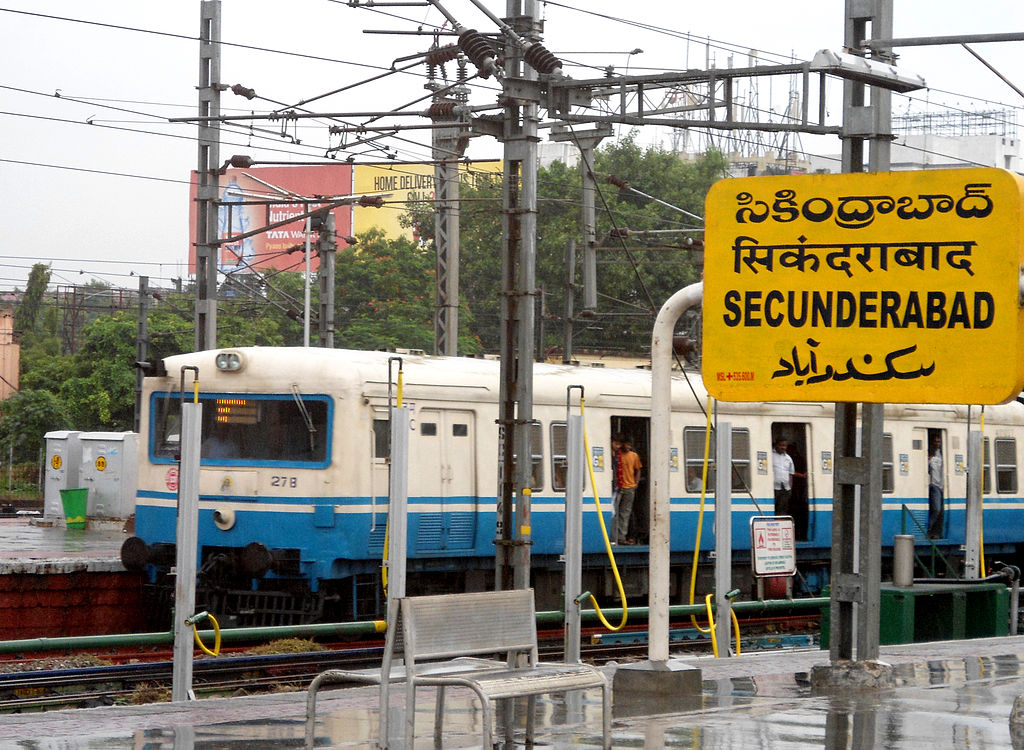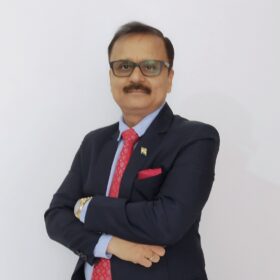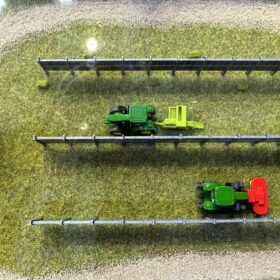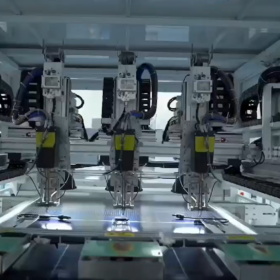The Secunderabad railway station in Telangana is India’s first to be certified as ‘Green Railway Station’ by the Indian Green Building Council – Confederation if Industry (IGBC-CII), in association with Indian Railways.
The Station has bagged the coveted Silver Rating in the category, adding yet another feather to the cap of South Central Railway.
The station was evaluated on six different criteria: sustainable station facility, health, hygiene and sanitation, energy efficiency, water efficiency, smart and green initiatives, and innovation & development.
Mr. Tai Lee Siang, Chairman and Ms. Terri Wills, Chief Executive Officer of World Green Building Council (WGBC) honored the officials of Secunderabad Division, SCR with the shield and certification at the Green Building Congress-2017 held at Jaipur on October 05, 2017. The Certification is valid for a period of three years.
The IGBC-CII, with the support of Environment Directorate of Indian Railways has developed the Green Railway Stations Rating system to facilitate adoption of Green Concepts, thereby reducing adverse environmental impacts due to station operation & maintenance and enhance the overall commuter experience.
Secunderabad Railway Station occupies a total area of 13.34 acres and has several ‘Green’ inputs which enabled the Certification Rating. For example, there are 408 species of tree in the station area, which are grown using only organic fertilizers and pesticides. The station has a 500 KW Solar PV installation, which covers 41.2 % of the exposed station roof area, generating 2500 kWh per day. It covers 37 % of the energy requirements of the station, leading to savings of INR 7.3 million ($ 0.11 million) annually. With a total number of 4864 fixtures, Secunderabad station is 100% LED lit.
Among the other green initiatives in practice at Secunderabad Railway Station are; a sewage treatment plant with a capacity of 500,000 L per day, availability of central waste collection for hazardous, wet and dry substances, and a bottle crushing machine. Energy and water audits are conducted once in three years, 100% hot water through solar thermal power plant (1600 L per day), and has a rain water harvesting system. Additionally, the high point here is provision of smart passenger services, such as 100% digital cashless payments, free high-speed WiFi facility for passengers, child help desk and others.
This content is protected by copyright and may not be reused. If you want to cooperate with us and would like to reuse some of our content, please contact: editors@pv-magazine.com.








By submitting this form you agree to pv magazine using your data for the purposes of publishing your comment.
Your personal data will only be disclosed or otherwise transmitted to third parties for the purposes of spam filtering or if this is necessary for technical maintenance of the website. Any other transfer to third parties will not take place unless this is justified on the basis of applicable data protection regulations or if pv magazine is legally obliged to do so.
You may revoke this consent at any time with effect for the future, in which case your personal data will be deleted immediately. Otherwise, your data will be deleted if pv magazine has processed your request or the purpose of data storage is fulfilled.
Further information on data privacy can be found in our Data Protection Policy.